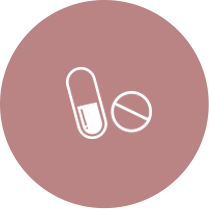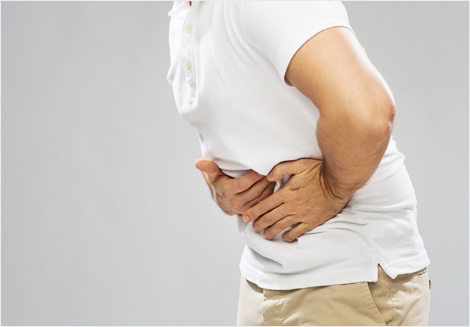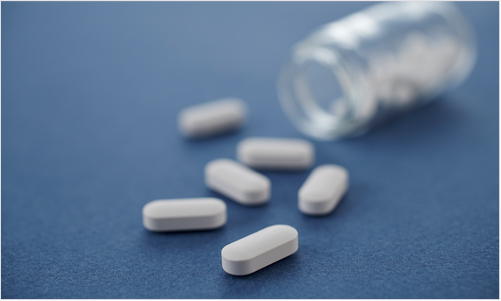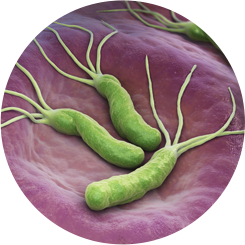From the moment we first meet with patients,
we will take care of them like a family with faith, hope, and love.
Wellness Hospital treats even the hearts of customers through experts treatment and specialized medical services.
It refers to a case where the damage to the gastric or duodenal mucosa is deep and penetrates into the muscle. The stomach secretes acid and pepsin to digest food. It protects itself by secreting mucus from the mucous membrane so that the stomach and duodenal barrier are not digested and damaged by this gastric acid and pepsin. However, if the gastric acid is secreted too much or the protective function of the gastric mucosa is weakened, the mucous membrane is damaged and ulcers are formed.
-
1
pain relievers including aspirin
-
-
-
-
The most common symptom is pain in the stomach area or around the navel. Stomach ulcers often cause pain after eating, and duodenal ulcers often have pain when the stomach is empty and get better after eating, but this is not always the case. Complications include intestinal bleeding, gastric or duodenal bleeding, and intestinal obstruction. If bleeding occurs at the site of the ulcer, the stool becomes dark and the patient becomes pale without any energy. Occasionally, they may vomit blood.
-
· medication
With continued medication, it is usually easily cured. If you stop taking the medicine after taking it for a few days, the wound area that has improved will be damaged again, so you must follow the doctor's instructions to take the medicine until the mucous membrane is completely regenerated and the protective function is restored.
What is Helicobacter?
Helicobacter pylori is a bacterium that lives in the gastric mucosa and reduces the protective function of the gastric mucosa, causing peptic ulcer. If Helicobacter pylori is found in patients with gastric ulcer or duodenal ulcer but remains untreated, the ulcer is highly likely to be recurred, so Helicobacter pylori must be treated.







